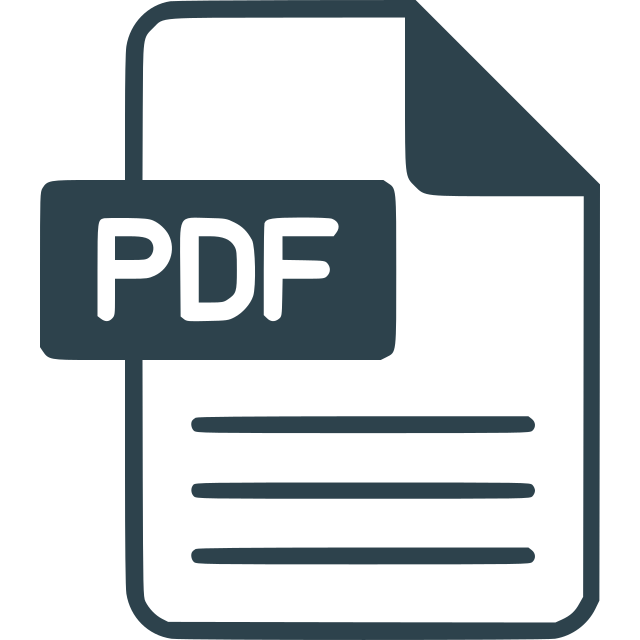Institutional Frameworks: a key foundation to achieving sustainable financing for social health protection
Progression towards countries’ universal health coverage (UHC) through social health protection (SHP) is facilitated by a strong foundation built on institutional frameworks. The P4H Network provides targeted support at country level where requests correspond to P4H’s goal.
What makes up an institutional framework?
Two broad components make up the institutional frameworks for SHP and health financing (HF). Policy frameworks encompass policies, national strategies, plans and programs impacting SHP and HF. Though they reflect arbitrations and decisions made at the highest levels by executive powers (presidential or governmental), policy frameworks are not legally binding. Examples include policies like those on free health care, social health insurance and national strategies addressing HF, UHC, social protection and domestic resources mobilization.
Legal and regulatory frameworks are legally binding texts elaborated by legislative or executive powers, as well as the structures established by a legally binding source impacting SHP and HF. Examples of texts are UHC laws, health fund statutes and decrees. Examples of structures are social security or equity funds, health agencies and UHC units.
How institutional frameworks are part of the P4H goal
The role of P4H-CFPs and support in 2023
Deep dive into 10 countries
In 2022, Virgile Pace, an expert in institutional frameworks, worked with the P4H Network. He investigated institutional frameworks in 10 countries among those where the P4H Network had P4H-CFPs: Burundi, Cambodia, Chad, Côte d’Ivoire, Ethiopia, Mozambique, Myanmar, Namibia, Niger and Senegal.
-
 Institutional Framework – Burundi 2024
Institutional Framework – Burundi 2024
-
 Institutional Framework – Cambodia 2024
Institutional Framework – Cambodia 2024
-
 Institutional Framework – Chad 2024
Institutional Framework – Chad 2024
-
 Institutional Framework – Cote d’Ivoire 2024
Institutional Framework – Cote d’Ivoire 2024
-
 Institutional Framework – Ethiopia 2024
Institutional Framework – Ethiopia 2024
-
 Institutional Framework – Mozambique 2024
Institutional Framework – Mozambique 2024
-
 Institutional Framework – Myanmar 2024
Institutional Framework – Myanmar 2024
-
 Institutional Framework – Namibia 2024
Institutional Framework – Namibia 2024
-
 Institutional Framework – Niger 2024
Institutional Framework – Niger 2024
-
 Institutional Framework – Senegal 2024
Institutional Framework – Senegal 2024
